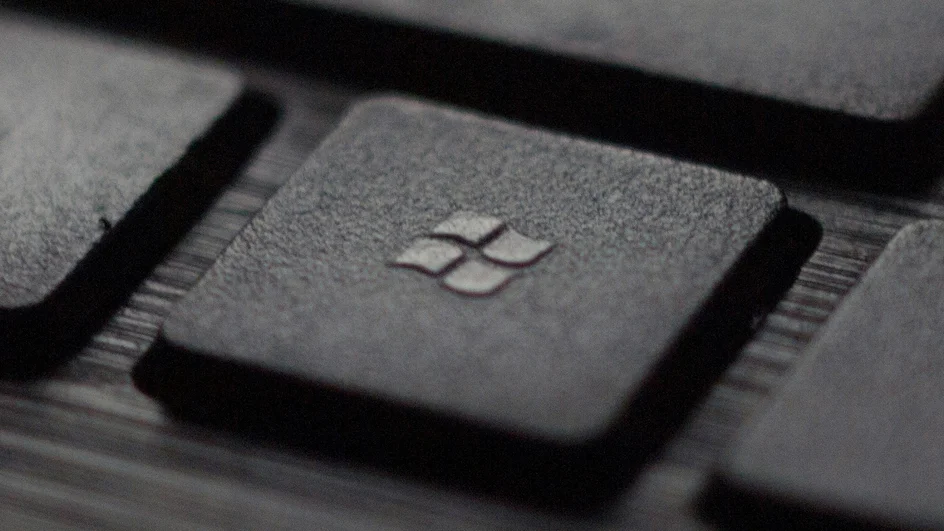Microsoft is currently testing an innovative power-saving feature for Windows 11, known as “User Interaction-Aware CPU Power Management.” This technology is designed to automatically reduce the workload on your computer’s processor when you’re not actively using it, which could significantly increase the battery life of laptops.
How the New System Works:
This function employs intelligent processes to detect user activity:
- It monitors interactions with the mouse, keyboard, and touch input.
- If no activity is detected for a specific period, the computer’s central processing unit (CPU) shifts into a power-saving mode.
- It instantly restores full performance when you resume working.
Microsoft states that this system operates seamlessly for the user, striking a balance between performance and energy consumption.
This innovation is currently being tested in build 26200.5603 and is planned for inclusion in the upcoming Windows 11 update, build 24H2, followed by the main release, 25H2. The feature is compatible with modern multi-core processors, and its adaptive processes can be applied to various usage scenarios, with options for fine-tuning through power supply settings.
Expected Benefits:
Preliminary estimates suggest this technology could:
- Increase battery life by 7-15%.
- Reduce heat generation when the device is idle.
- Extend the overall lifespan of the device’s battery.
Experts point out that such smart energy-saving systems are particularly beneficial for mobile workstations, ultrabooks with limited battery capacity, and devices running on ARM processors. Microsoft intends to introduce the final version of this feature in 2025. The company emphasizes that this technology will be fully adaptive and won’t require users to manually configure it.
